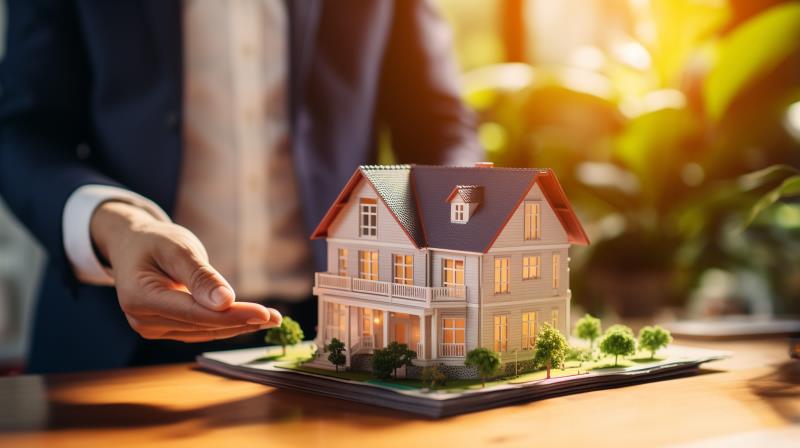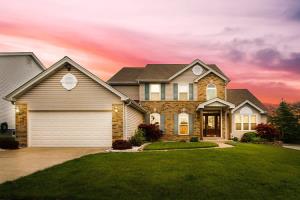Picking an apartment or house shapes your life, budget, and well-being in profound ways.
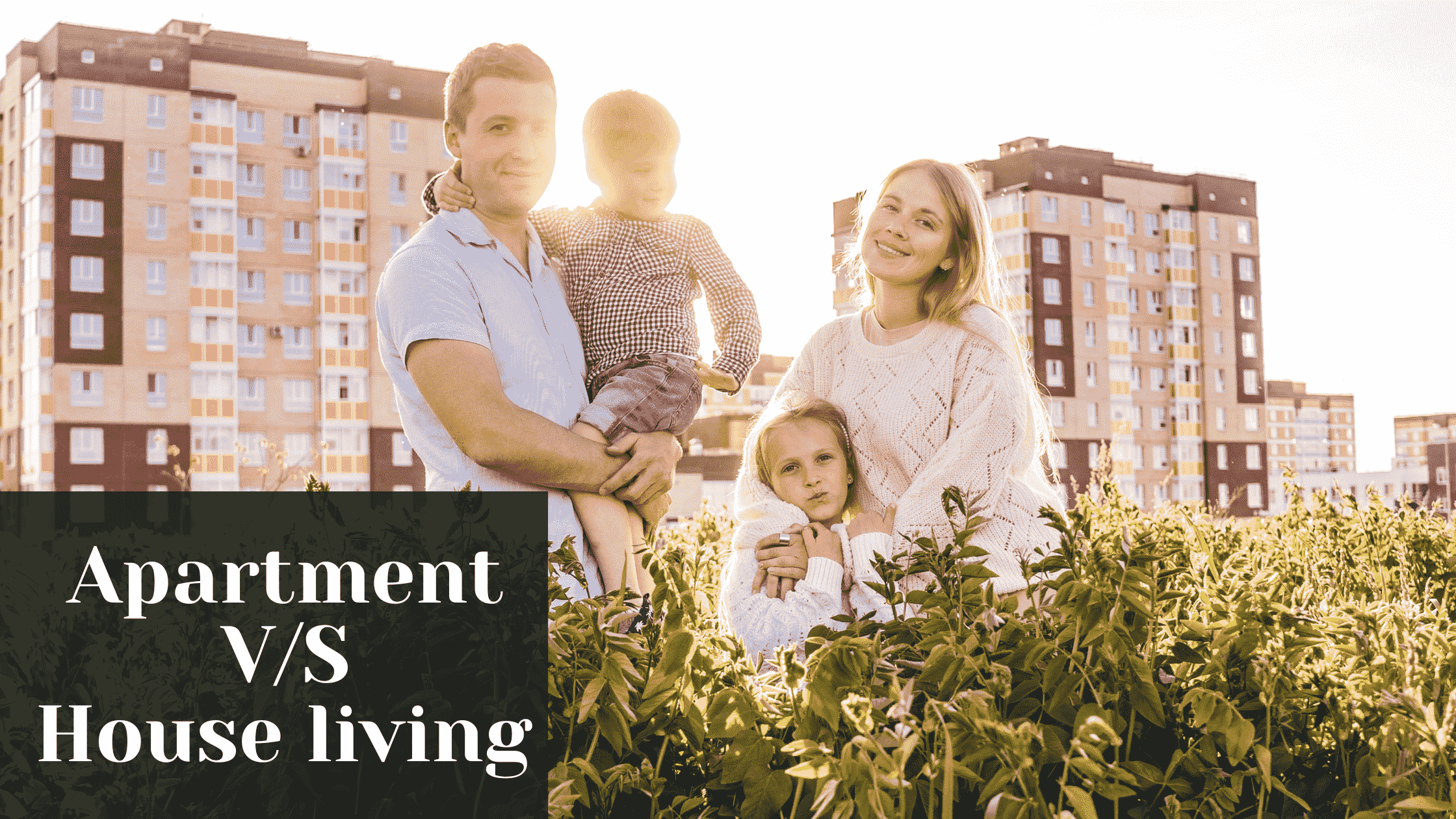
1. Space and Layout
Apartments:
Typically, apartments offer less square footage compared to houses. They are ideal for individuals or small families who do not require extensive space.
The layout of an apartment is usually more compact, with rooms closely connected. This can be advantageous for maintenance and cleaning.
Common areas like pools, gyms, and lounges are shared among residents, providing access to amenities without the responsibility of upkeep.
Houses:
Houses generally provide more space, including larger living areas, multiple bedrooms, and often a yard. This is suitable for larger families or those who value privacy.
Houses can be customized or modified to create a layout that perfectly fits your preferences and needs.
With more space comes more responsibility for maintenance and potential for higher utility costs.
2. Privacy and Noise
Apartments:
Living in an apartment means sharing walls, floors, and ceilings with neighbors. However, this flexibility can come at a cost, with potential drawbacks like reduced privacy and increased noise levels.
Apartments in well-designed buildings might have soundproofing, but generally, there is a higher likelihood of hearing neighbors.
Security is typically better in apartments due to controlled access points, security systems, and sometimes on-site personnel.
Houses:
Houses offer more privacy as they are standalone units, often with significant distance between neighbors.
Noise levels are generally lower, providing a quieter living environment.
Security is a personal responsibility, though some neighborhoods have community watch programs or gated access.
3. Maintenance and Costs
Apartments:
Maintenance responsibilities in apartments are typically handled by the landlord or property management company, covering repairs and common area upkeep.
Monthly rent or mortgage payments for apartments can be lower, but additional fees for amenities and services may apply.
Utility costs are usually lower due to the smaller space and shared infrastructure.
Houses:
Homeowners are responsible for all maintenance, including yard work, repairs, and exterior upkeep, which can be time-consuming and costly.
Mortgage payments may be higher for houses, and there are additional costs such as property taxes, insurance, and utilities.
Houses often have more significant long-term investment potential, with opportunities for appreciation and customization.
4. Community and Lifestyle
Apartments:
Apartments often foster a sense of community with shared spaces and events organized by property management.
Urban living puts you at the center of it all, with convenient access to public transportation, shops, restaurants, and entertainment venues.
Apartments are ideal for those who prefer a low-maintenance lifestyle and enjoy the convenience of having amenities nearby.
Houses:
Living in a house offers more control over your environment, including landscaping and property modifications.
Houses are typically located in suburban or rural areas, offering more tranquility and space.
This option is suitable for families, pet owners, and those who enjoy gardening or outdoor activities.
5. Flexibility and Mobility
Apartments:
Apartments offer greater flexibility with lease terms, making it easier to relocate without the commitment of selling a property.
Renting an apartment can be a good option for individuals who move frequently or have uncertain job locations.
It is also a convenient choice for those looking to downsize or simplify their living situation.
Houses:
Buying a house is a long-term commitment and can be more challenging to sell quickly if the need to relocate arises.
Homeownership provides stability and the freedom to make significant changes to the property.
It is an excellent choice for those planning to settle down in one location for an extended period.
6. Environmental Impact
Apartments:
Generally, apartments have a smaller carbon footprint due to shared heating, cooling, and lighting systems.
They often incorporate green building standards and eco-friendly practices.
Recycling programs and energy-efficient appliances are more common in apartment complexes.
Houses:
Houses provide the opportunity to implement personal eco-friendly practices, such as solar panels and rainwater harvesting.
Larger homes typically consume more energy, but customization allows for higher sustainability measures.
Homeowners have more control over their environmental impact through landscaping choices and waste management.
7. Investment and Financial Security
Apartments:
Renting an apartment involves fewer upfront costs and can be less financially risky in the short term.
Apartments do not appreciate in value for renters, offering less financial security.
Ownership of an apartment (condo) can provide appreciation, but often less than a house.
Houses:
Houses generally appreciate more over time, offering better long-term financial security.
Homeownership builds equity, which can be leveraged for loans or retirement.
The initial investment is higher, but it often pays off with increased property value.
8. Family Considerations
Apartments:
Apartments can be less suitable for growing families due to limited space.
They often lack outdoor play areas or require shared facilities.
Families might appreciate the security and maintenance-free living offered by apartments.
Houses:
Houses are typically more family-friendly, offering ample space for children to play.
They provide private yards and more room for activities.
Schools in suburban areas may have a better reputation, influencing family decisions.
9. Customization and Personalization
Apartments:
Customization in apartments is usually limited to interior decor and minor modifications.
Restrictions by landlords or property management can limit personalization.
Renters may feel less inclined to invest in significant changes.
Houses:
Homeowners have full control over modifications and renovations.
Personalizing a house can significantly increase comfort and value.
Customization includes landscaping, extensions, and interior design changes.
10. Health and Well-being
Apartments:
Apartments in high-rise buildings might offer amenities like gyms and pools, promoting a healthy lifestyle.
Living near a city center means you'll have a wider range of healthcare facilities readily available.
However, lack of private outdoor space might limit physical activities.
Houses:
Houses with yards provide space for outdoor activities, gardening, and play, contributing to physical well-being.
Suburban or rural houses offer cleaner air and a quieter environment.
The space and privacy of a house can reduce stress and improve mental health.
Conclusion
The decision between apartment and house living ultimately depends on personal preferences, lifestyle, and financial situation. Apartments offer convenience, lower maintenance, and community living, making them ideal for those who value mobility and urban amenities. Houses provide more space, privacy, and long-term investment potential, suitable for families and those seeking a stable and customizable living environment.
FAQs
What are the main financial differences between living in an apartment and a house?
Apartments generally have lower monthly costs and maintenance fees, while houses involve higher mortgage payments, property taxes, and maintenance expenses.
Which option offers better investment potential?
Houses typically offer better long-term investment potential due to property appreciation, whereas apartments are more about convenience and low-maintenance living.
How does the maintenance responsibility differ between apartments and houses?
In apartments, maintenance is usually handled by the property management, while homeowners are responsible for all upkeep and repairs in a house.
What are the security differences between apartments and houses?
Apartments often have better security features, such as controlled access and surveillance, while security in houses depends on the homeowner's measures.
How do community aspects vary between apartment and house living?
Apartments foster a sense of community with shared amenities and organized events, whereas houses offer more privacy and individual space.
What are the implications for families choosing between an apartment and a house?
Houses offer more space and are generally better suited for families, while apartments may be more convenient for smaller families or those prioritizing proximity to urban amenities.

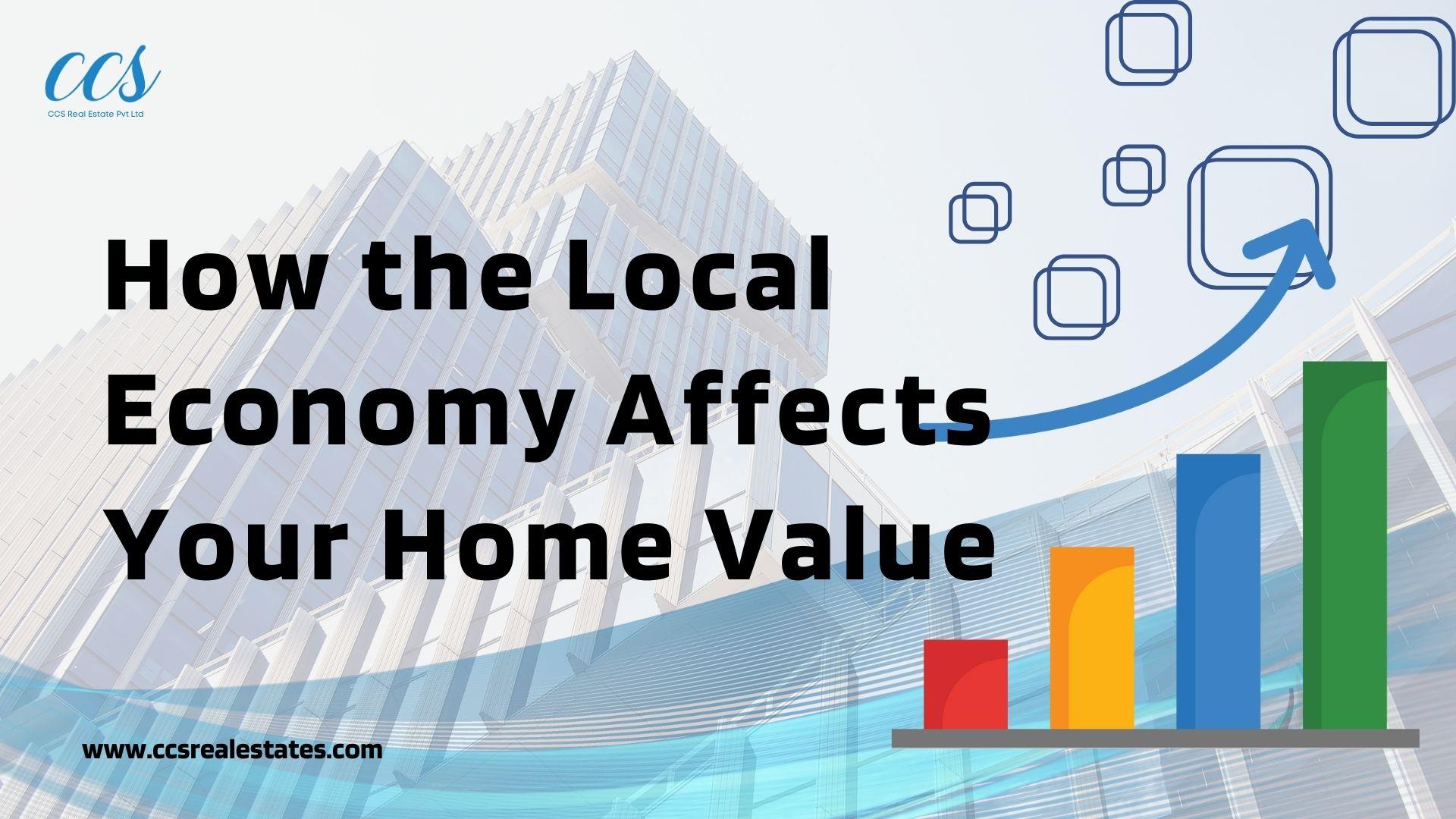
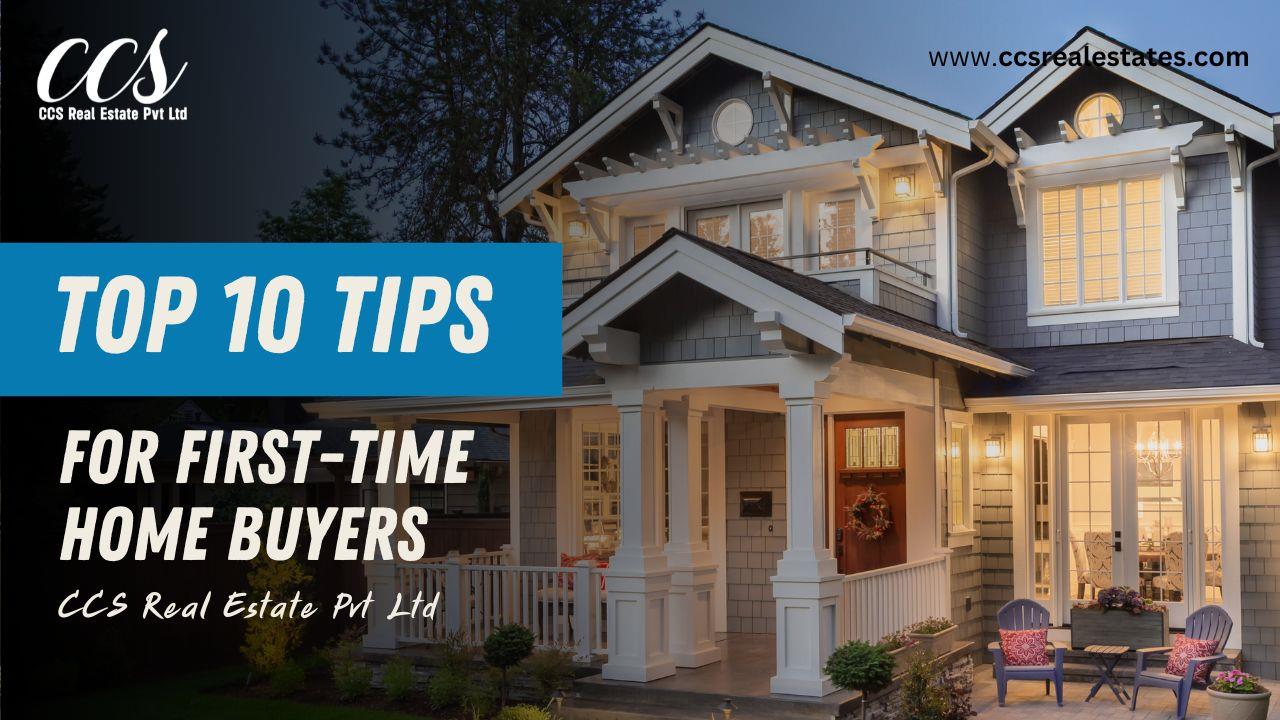




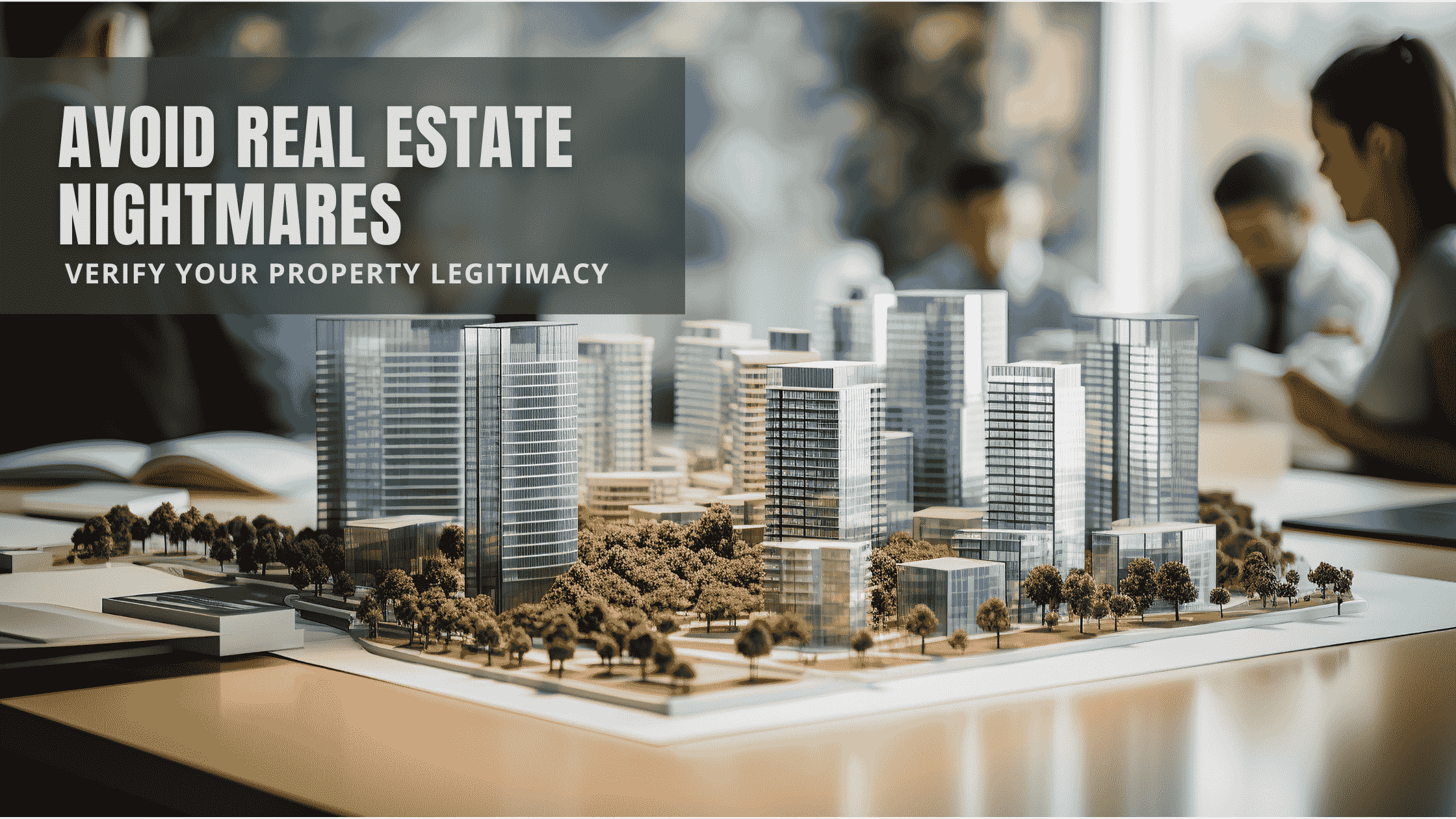
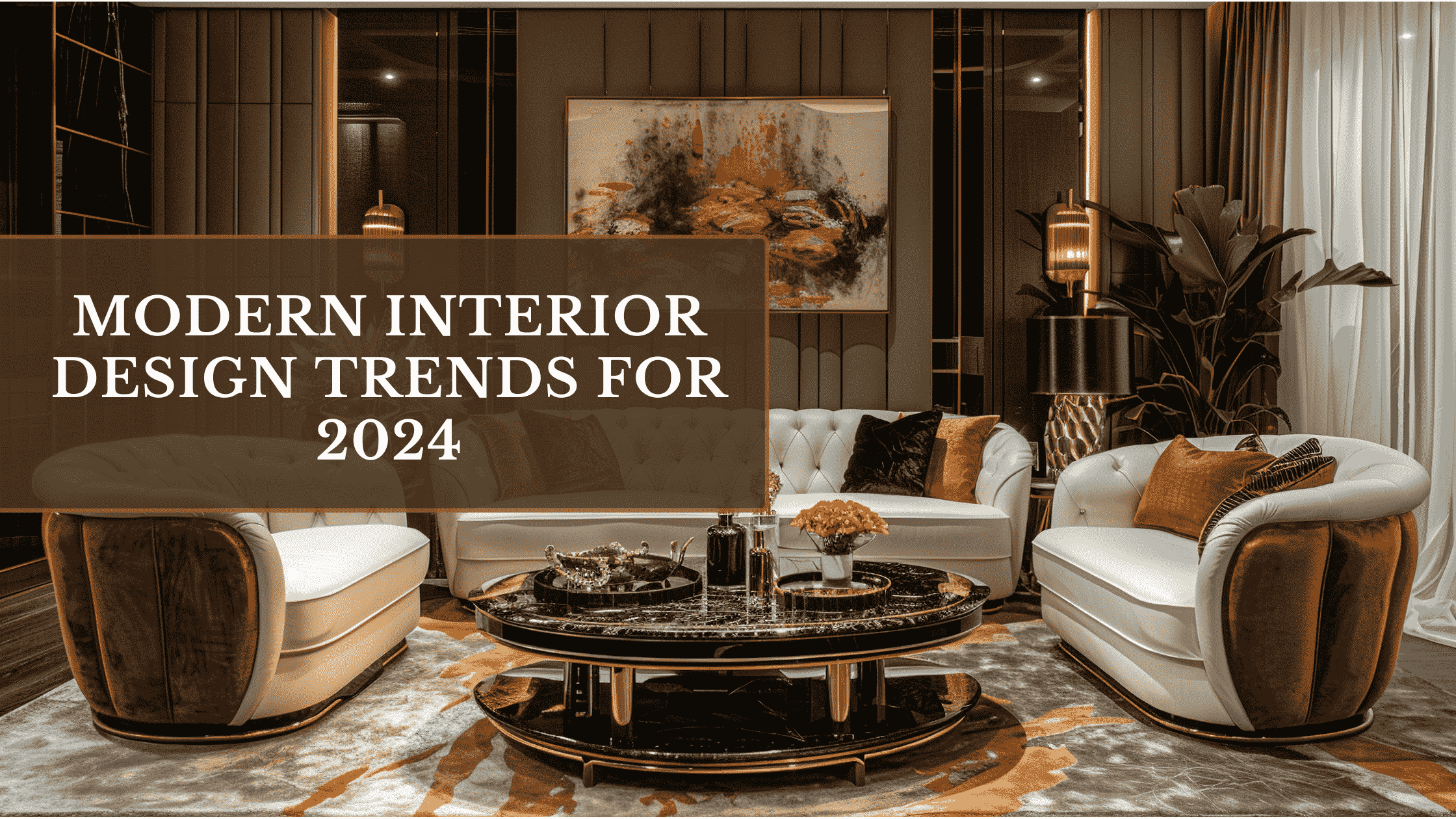





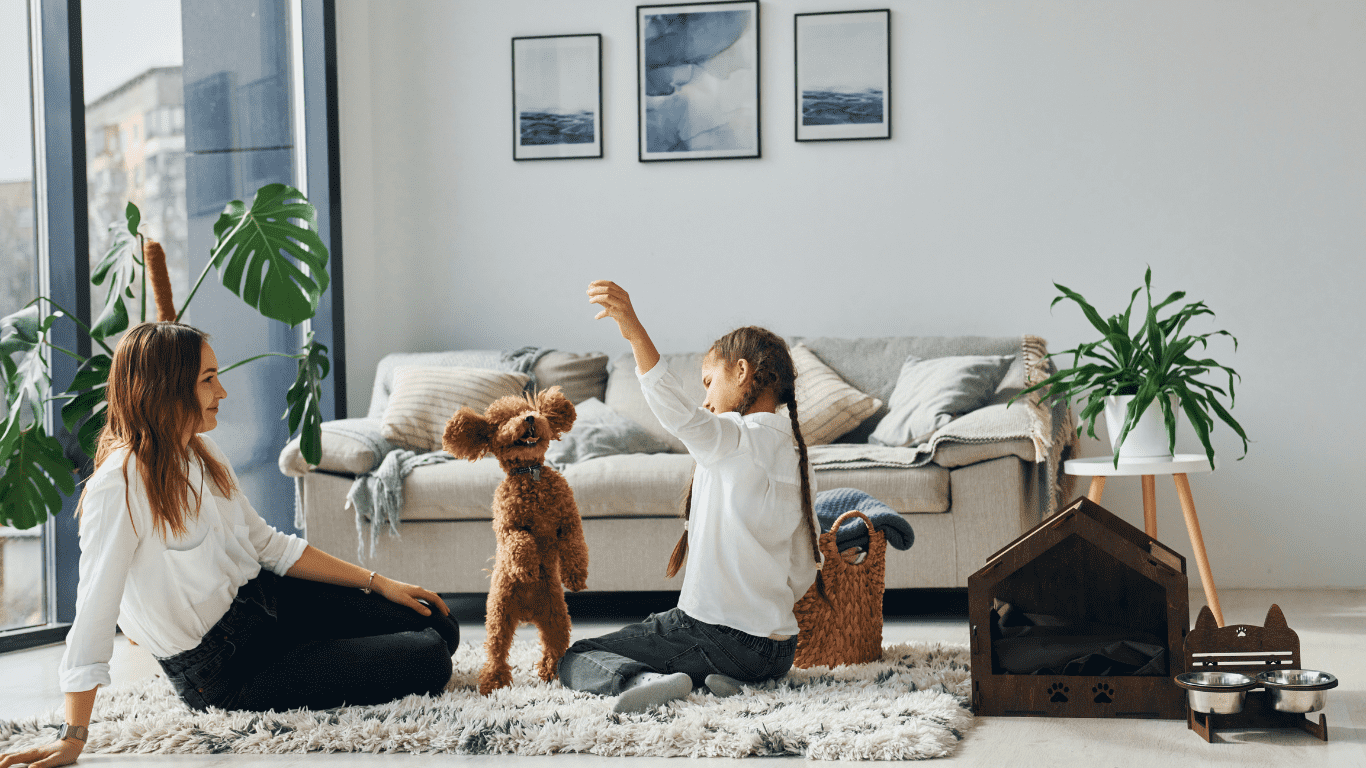


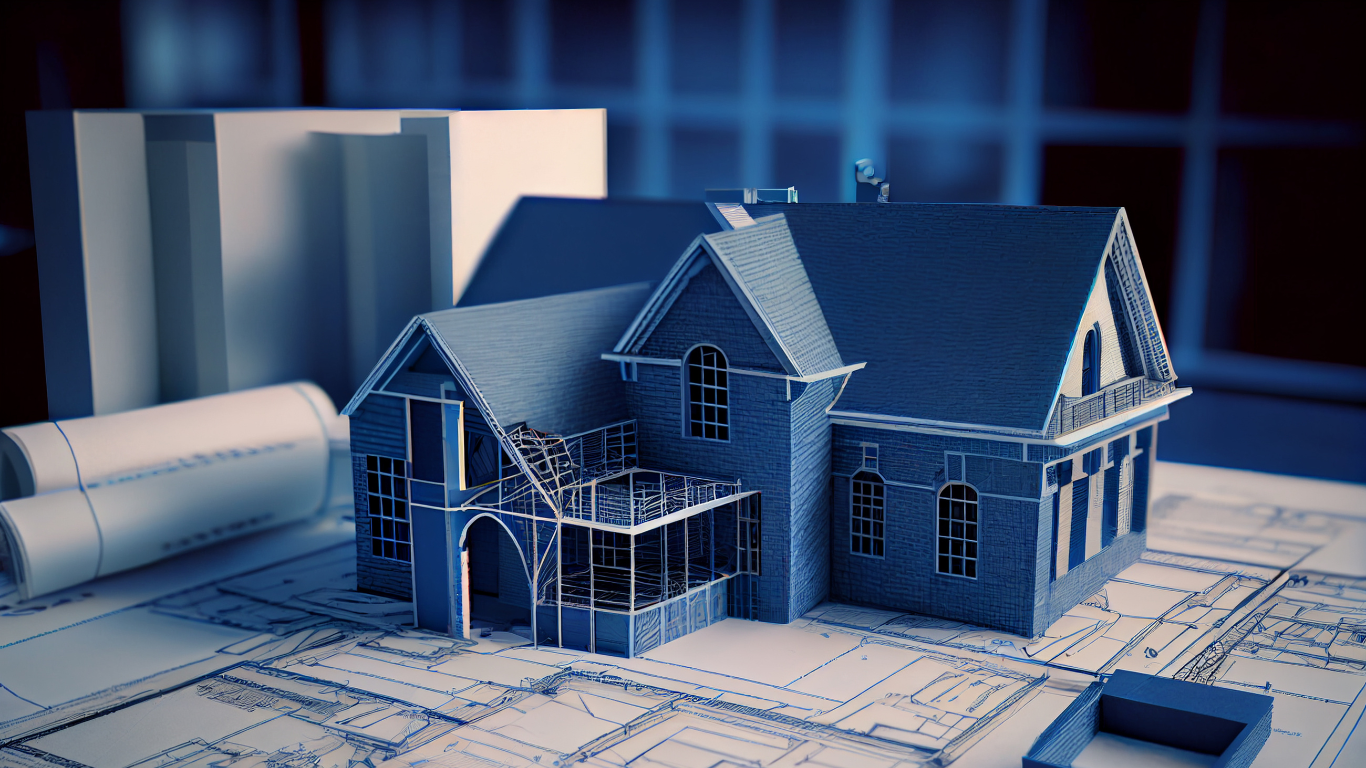



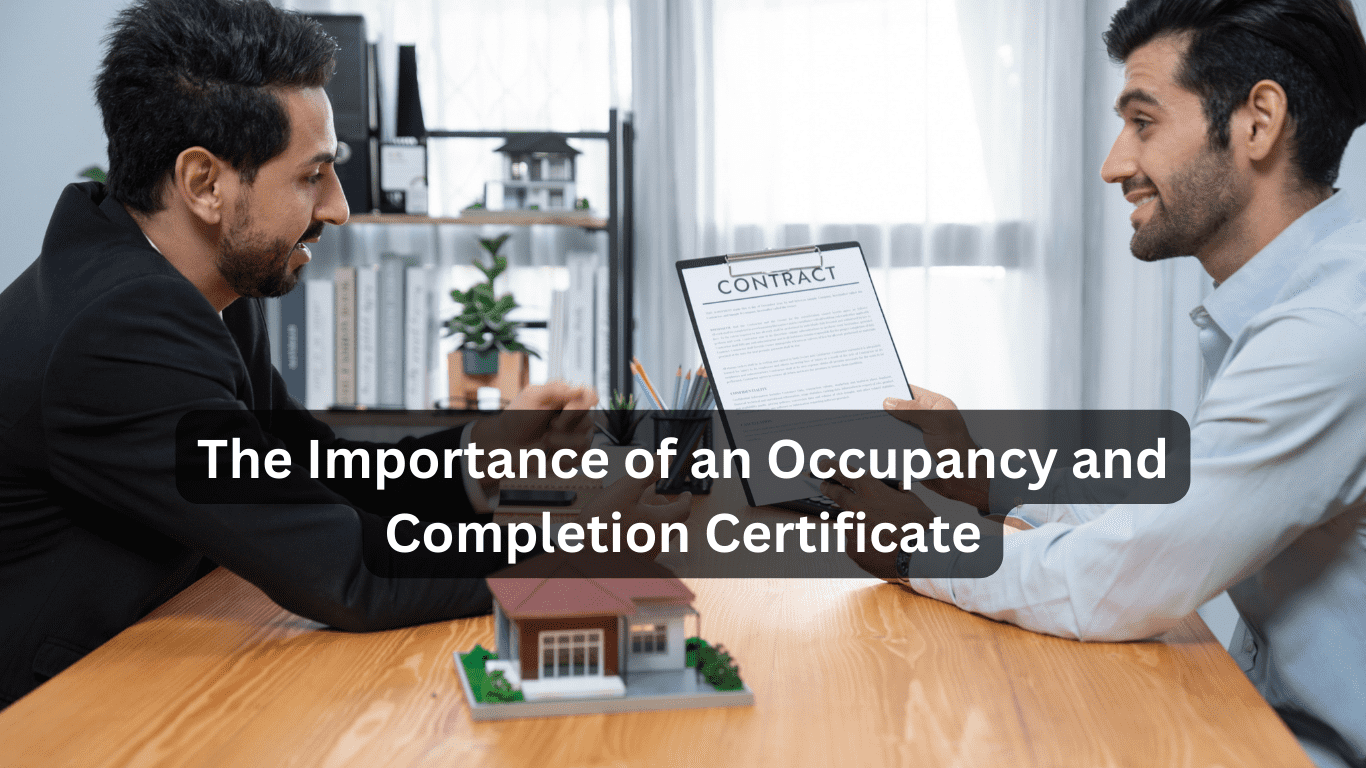








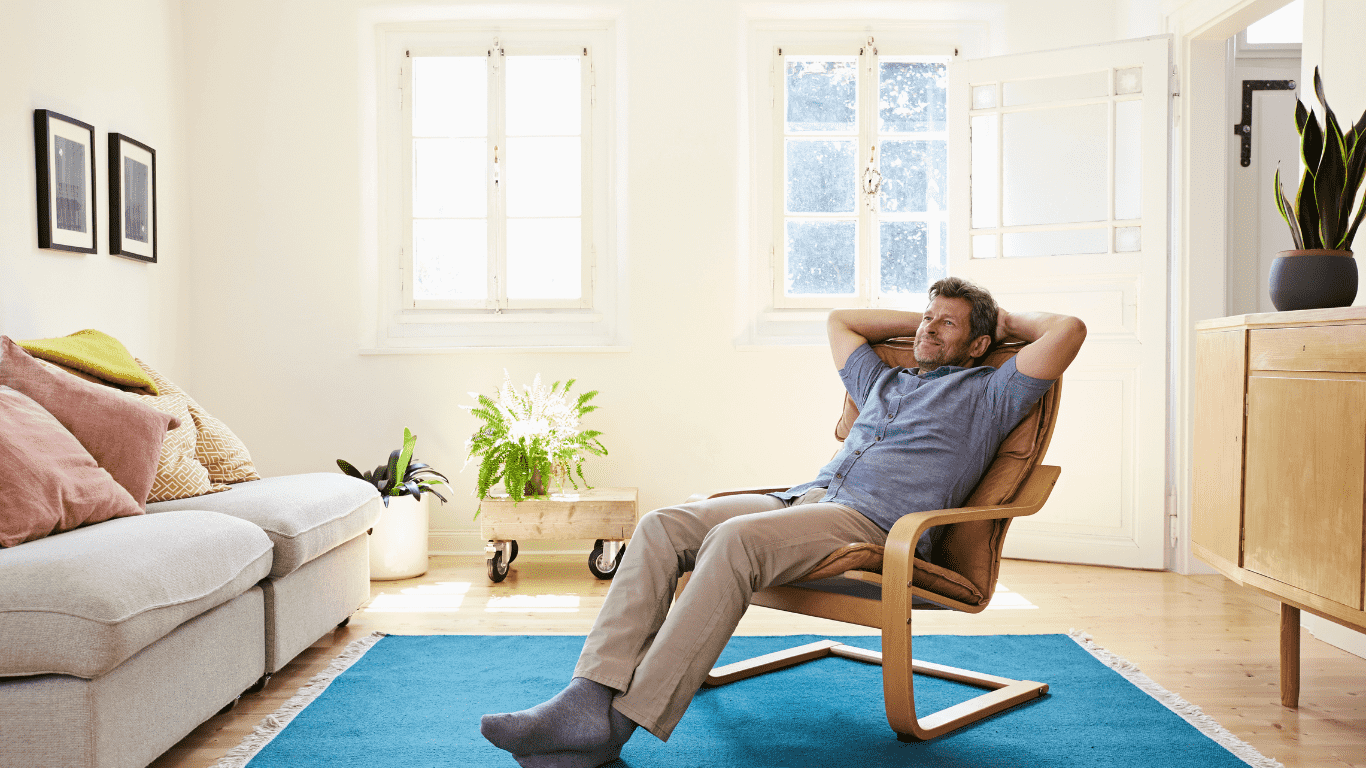
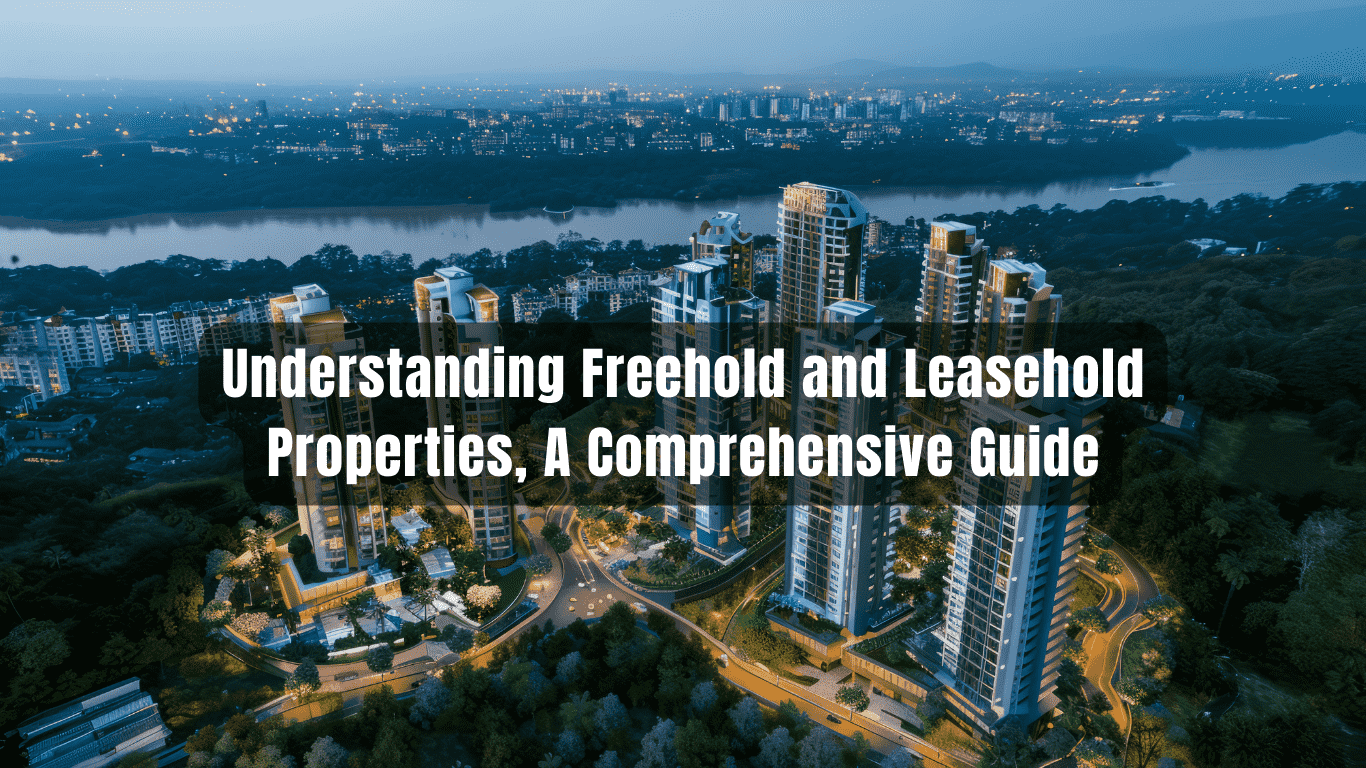


.png)
-min.png)
-min.png)
-min.png)
-min.png)







.png)

